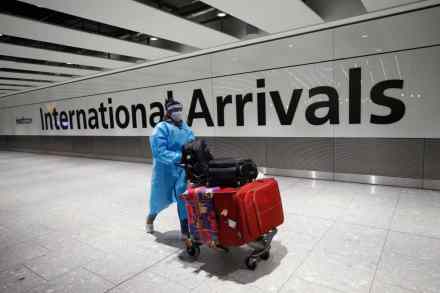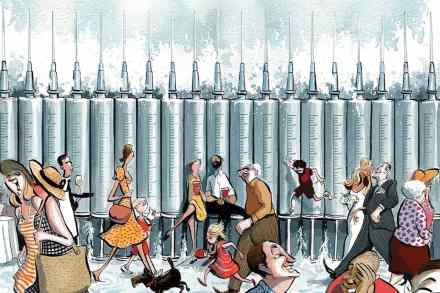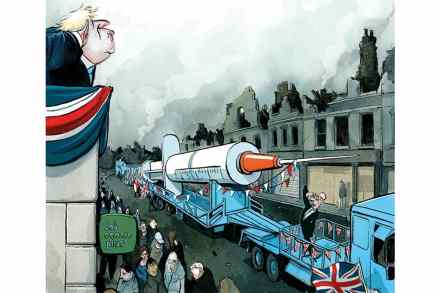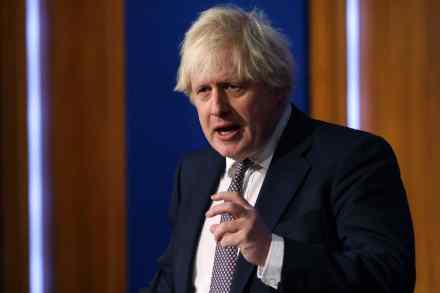Why Omicron may not lead to a surge in hospitalisations
There were two takeaways from last night’s press conference: firstly, the hard data showing that the number of recorded cases of Covid had surged by 19,000 – or 28 per cent – in a single day. Second was the assertion that, as a result, the NHS is in danger of being overwhelmed. What was lacking was the hard data on hospitalisations and the number of people in hospital. Although you would never have guessed from the tone of the conference, these both fell. The number of people admitted to hospital – a figure which runs a few days in arrears owing to a delay in the four constituent nations of











